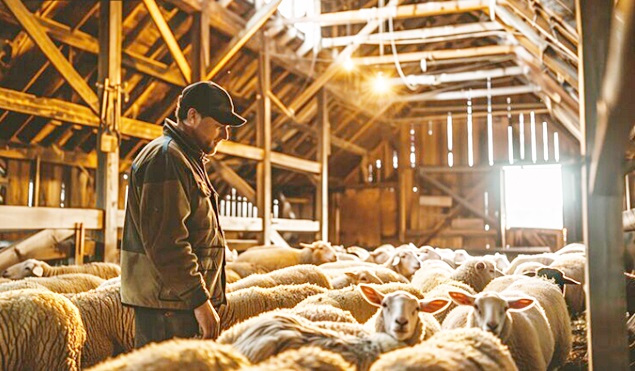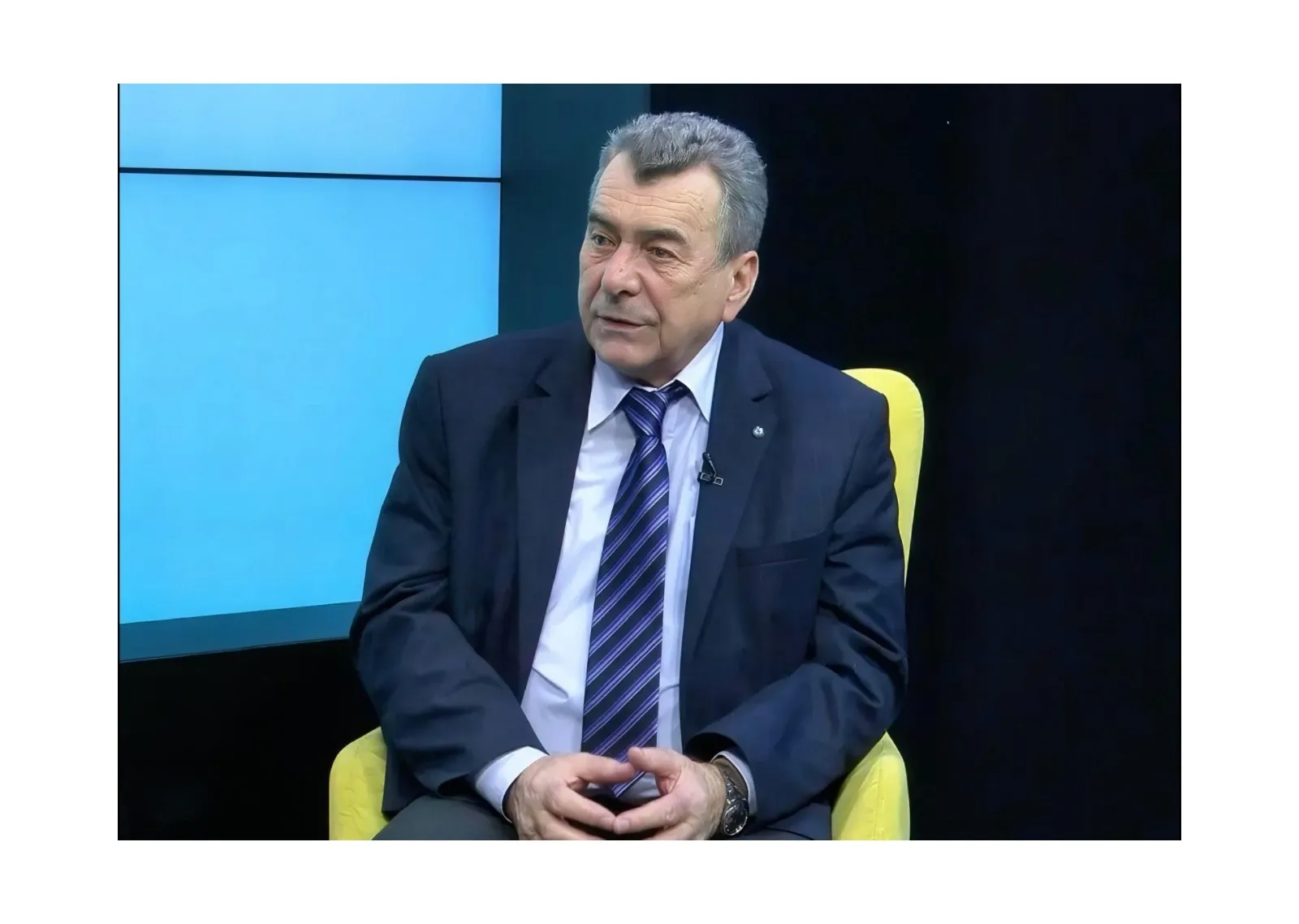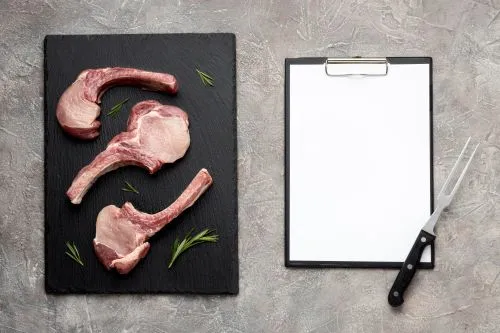
Calves spend long hours on transporters without access to food, and cattle endure long journeys by sea under grotesque conditions, only to be slaughtered in barbaric facilities upon arrival. As a result, animal welfare groups are demanding more from the EU, according to experts cited by Euractiv.
Too Much Suffering
In March, EU agriculture ministers supported the European Commission's initiatives on animal welfare, calling for stricter standards on transport, labeling, and slaughtering in the next political term.
Irish Agriculture Minister Charlie McConalogue stated, "We must do everything we can together to improve animal transport."
"The fact that the animal is destined to die does not in any way justify exposing that animal to substandard animal welfare conditions," said Jo Swabe, senior director for public affairs at Humane Society International Europe (HSI).
However, Dutch MEP Anja Hazekamp (Left) remarked, "This new proposal leaves too much room for suffering and is merely paper improvements that will not help the animals in the way they are transported."
Raising Standards
It is noted that Ireland has less acceptable standards in its live exports for the beef and cattle trade. As an island nation, beef export options require a sea journey, and HSI calls for not only better standards but also an alternative to live exports.
"What is really needed is meat trade – transporting animals on hooks rather than on hooves," says Swabe.
"One way to significantly reduce animal suffering and long-distance journeys is to ensure that animals are slaughtered more locally and not transported across Europe and then shipped to the Middle East or elsewhere, to be slaughtered in conditions likely far worse than our EU abattoirs," she explained.
Under current conditions, unweaned calves are transported from Ireland by ferry, which takes about eighteen hours to reach mainland Europe, before arriving at calf farms in the Netherlands for fattening.
The new proposal raises the eligible age for transport from two weeks to five weeks. Surprisingly, the legislation will reduce the travel time of animals by sea. "Any time spent on board sea vessels should also be counted as transport time," says Swabe.
Changing the Weaning Age
Hazekamp says the new proposal is still not calf-friendly. "If you really want to improve this, then you need animals that are fully weaned and that depends on the animal – but around eight to ten weeks of age," she says.
Increasing the age to weaning age will impact the Irish export market, says Irish MEP Billy Kelleher (Renew Europe).
"Critically, the issue of times on trucks and sea travel exemptions was very important from an Irish perspective. So, we were very clear that the sea journey itself would need to be exempt," he said.
Currently, calves are not fed during transport. "We need to try to get that balance right – between the age of the animal and whether continental markets will accept animals if they are over a certain age," he added.
Regarding Ireland's seasonal calving period (Jan-Mar), Kelleher finds few alternative options, as it would cause "significant challenges" with 1.7 million dairy cows "within a 16-month range, you would have 350,000 additional animals on the island of Ireland."
"If you want to cull cows – then you cull families and family farms, you cull ways of life, so I think we need to be very aware that the dairy industry is not just about cows," Kelleher said when asked why farmers are reluctant to change their systems.
"It's about a multi-billion euro agri-food sector that has a huge impact on the economy," he noted.
Exporting Suffering
Kelleher, however, agrees that the EU's live exports to third countries need fixing, suggesting that the EU must collaborate with destination countries to ensure their standards meet those of the EU.
Hazekamp expressed deep concern that these countries do not meet these standards. "It's not about occasional breaches of the legislation; it's structural gaps with severe animal suffering."
"This new proposal still allows exports to third countries, which is absolutely horrific. These animals are sent to conflict zones like Lebanon, Libya, and Israel. We should not be doing this. We know how these animals are slaughtered there, and it's very, very brutal, and the transport is (…) barbaric."





